
The Post Secondary Transition Conversation
We talk about the ins and outs (and everything in between) of the secondary transition process for families of students with disabilities! Hosts Meghan (Smallwood) and Patrick (Cadigan) serve as supportive guides, leading families step-by-step up each rung of the transition ladder.
Also check out our parent website: https://www.postsecondarytransition.com
The Post Secondary Transition Conversation
084. Transition Fairs & What to Consider
Hosts Meghan (Smallwood) and Patrick (Cadigan) discuss more in-depth how transition fairs can help families with planning through the transition process. The duo highlight how fairs will typically promote providers and agencies offering various services, including day programs, residential agencies, and recreational opportunities. They emphasize the value of early planning, advising families to gather information, organize it in a transition binder, and consider specific needs. They also suggest using checklists, attending breakout sessions, and engaging with providers to make informed decisions. Join the conversation!
Episode Keywords:
Transition fair, post-secondary transition, families with disabilities, resources, providers, agencies, day programs, residential agencies, community development, Special Olympics, disability rights, estate planning, transition coordinators, special educators, breakout sessions
Links:
Adult Agency Snapshot (page)
Guardianship (page)
Alternatives to Guardianship (page)
Transition Tools (page)
Developmental Disabilities Agencies (page)
Vocational Rehabilitative Agency (page)
Maryland (specific) Links/Supports:
Disability Rights Maryland (site)
DORS (page)
DDA (page)
To download a copy of a transcript for this episode or any of our previous conversations, click here.
Also visit our Podcast webpage to find links to all of our other discussions; go to www.p2transition.com.
Additional information about post-secondary transition can be found at our website.
The Post-Secondary Transition Podcast Facebook page.
Visit our YouTube Channel to find additional video resources.
Intro/Outro music by AudioCoffee from Pixabay.
Transition music by Joseph McDade from Transistor.
Welcome. This is the Post-Secondary Transition podcast where we have conversations around the ins and outs and everything in between of the transition process for families of students with disabilities. I am one of the hosts. My name is Patrick Cadigan.
Meghan Smallwood:And I am the other host and my name is Meghan Smallwood.
Patrick Cadigan:And we are both transition coordinators in our world, Meghan and I have a fairly big event coming up. We're going to have a transition fair in the area where we live in. And so we wanted to kind of talk briefly about that and some not only transition fairs and what they are, but also what families can expect from them, some of the things that circle around transition fairs. So what to get started? Meghan, do you want to give our new listeners a definition for transition fair, what is it?
Meghan Smallwood:Sure! So, like Patrick said, it's kind of that time of the year that I think a lot of places are holding these events, and it's basically an opportunity for families to walk around at their pace and gather information about a bunch of resources that have to do with that post secondary world. So every fair might be different, but overall, I think they all have providers and agencies that will be there to support the young adult in whatever goal they have when they leave the school system, specifically to our transition. Fair, I know we have over 70 different providers and agencies coming for a slew of different services. So we might have coordinators for DDA coming to, you know, just meet families and share about why their coordinating agencies better than the others. There will be day program providers, residential agencies, personal support agencies, community development service agencies, also Rec and leisure opportunities will be there, for example, Special Olympics, that's a big one I know, not just in our area, but in many areas. And they will come and share the activities that my young adult could participate in, even after they leave the school system. We also have other agencies or organizations coming that will support families and some of those milestones that we talk to. You know, we have disability rights Maryland, who is a huge supporter of alternatives to guardianship, so they'll be sharing some of their resources and help answer any questions families might have about it, and we have other agencies that help with estate planning that will be there to answer questions. So it's a really good opportunity for families to come with those questions that might be in the back of their mind, and they're not quite sure who the person is to ask you might get the expert in that area there to answer it for you.
Patrick Cadigan:So I know that in our area, the way that families find out about transition fairs is, of course, they have people like us, right? They have transition coordinators. We get these, you know, emails together. We send them out. Meghan, what do you think for families in places that don't have transition coordinators, how can families find out about these?
Meghan Smallwood:I think the school website, or the county website, Public School System website, might be a good resource, because they usually will list all the different events occurring in the school system, so you might find it on a calendar there Department of Special Ed. I know we have a lot of families that will call our office and talk to the secretary, because they've heard this through the grapevine and they wanted more information. But I think word of mouth from other families too is a huge one. You know, I have a lot of families that will approach me and say, Oh, I heard, you know, so and so mentioned that this event they went to last year, you're doing it again this year. So there's so many different areas. I think you just need to be on the lookout and talk to others who may also be in your shoes and know about it.
Patrick Cadigan:And another thing is, off the top of my head, as I'm thinking about it, it probably wouldn't be a bad idea to also reach out to your student, special educator, specifically and say, hey, you know this is something that I've heard about. Is there any information that you have that you can share that would probably not be a bad idea? You have a family who is just starting the transition process right? What advice could we share with them that will help them to narrow down what they really need.
Meghan Smallwood:I think that that's a good point, because we have a lot of middle school families who have started coming. We're trying to reach down younger and younger for families to begin planning and researching early on. But I think it all goes back to that goal of what the vision is for your young adult when they leave, you know, I know that's hard to think about, but do you see them working? Do you see them pursuing some kind of post secondary, like college program? Do you see them going to a day program? You know, that kind of replicates the school day? Is that what they need? So I think kind of having a goal. In mind, just so you can start that conversation and get some of that information about what it might look like, and it'll help shape your idea of how to prepare for the future too. I also think families that are coming that are on the younger side, they get lost and overwhelmed, and I know families who are exiting too. Have said, you know, oh my gosh, there's so much information. I don't even know what to do. My advice is to gather all of it. You know, I remember my first year, I went to the transition fair, a brand new into transition. I had no idea what I was supposed to get or what who was supposed to talk to, so I went from table to table and just put something from every table in my bag. I didn't really even talk to anybody. I just wanted the handout. And I went back to my desk, and I kind of organized it based off of, was this, like a provider for day programs? Was this someone who was with, you know, rec and leisure, just so I had a general idea of what name went with what area, and we're going to for our fair try and help families by color coding it this year to make it a little easier for them, because it is a lot of people that you're talking to and seeing and it gets all mixed up. So I think just gathering it all and putting it in your transition binder, which we always suggest you organizing at home, and then over time, you might realize, okay, I don't need this, and you can get rid of something. Or you might realize one is really sounding good and you want to go back and visit them on personal level. So it just, it just helps you familiarize What, what's out there. Some follow up advice for those families who are getting ready to exit is, this is a great opportunity for you to mingle with those providers. And if you haven't gone on a tour yet, this is a great chance to connect with, you know, the admissions director, the general director, and get their business cards so you can reach out and set up a time to go on a tour of these programs and see it firsthand.
Patrick Cadigan:One additional thing that I will throw out there, and this is a resource that we had been working on for quite a while. If you go to our main website, www.postsecondarytransition.com, right up at the top, you will see buttons for links to some of the resources. And if you go to where to start, there is a button there that says, Start Here. Now we have divided up the information in two separate categories; we have our friends who at least where we are. It's called a Certificate of Completion. These are going to be our friends who leave the school system with without what would be considered a traditional diploma. For us, it's referred to as a certificate of completion. But then we've also designated an area for our diploma-bound friends, because, of course, they need help and support sometimes as well. But there is what we have always thought of as a checklist and for the different groups, and that can be pretty handy to follow, and sometimes like, I know, for so many of my families, like, oh, man, they just, they need checklists. Like they love their checklists. And so that was one of those things that, you know, we had thought about, and that was why we put this together. But when you go to these transition fairs, think of it like that. Where on that checklist are you, you know, and what are those? What are those resources that you could be looking for.
Meghan Smallwood:Yeah, absolutely, what is important to you at this time and moment. And that's why it's so good to go not just that last year, but so many years before that, because every year you might have a different area in mind that you want to go in exploring and figuring out. So that's a good point.
Patrick Cadigan:Yeah, because, I mean realistically speaking, like, let's say that you have a student who is in ninth grade. You're probably not necessarily thinking about agencies that your student, your child, will spend time with. You know what? 567, years down the line, there are probably other things that you're going to be thinking about that are more school based, however, as you are moving through the school years, yeah, those, like Meghan was saying, those needs will will come into sharper focus, most likely, well.
Meghan Smallwood:And I think, like I mentioned, if you plan on connecting with some of them, and you know, you're planning for exit in the next year or so, and you're going to visit these programs. I think having that list of questions to ask them when you go either to the fair or on a, you know, individual tour is so important because it's kind of like an interview, you know, you want to find out what the specific information is about each provider, since they are so different, and you want to make notes, because it starts to all blend together after a little while. You know, I have families who keep notebooks when they go and they have to flip back to remember, Oh, I saw this program they said this, you know, because certain things will stick out in your mind. Mind when you're talking to them. But I think having that list of questions just to ask some general information about, like transportation, you know, are you going to provide curb to curb service, the timing of, you know, any kind of program or support what a typical day might look like? Do you have an example of a calendar? How do you communicate with families like these things that might occur in their school day on a daily basis that I hate to say we've taken for granted, but you've been in that situation for so many years that it just comes natural, and now you're faced with a whole different reality. So it is good to know what to expect, and also, if you are applying and looking for certain programs you want to find one that meets your needs the best. So knowing that information will really help make the choice a little easier.
Patrick Cadigan:Hopefully keep in mind that transition fairs are going to differ area to area, school system to school system, things like that, but I remember in past transition fairs that I have visited, both in our county and in other counties, there have been, like, breakout sessions. And sometimes these breakout sessions are have have very, very specific information, like there was one that I can think of from about a year or two ago that our local VR agency sent out some counselors, and they did a talk, and that was great. Who are some of the other breakout discussions that we have seen?
Meghan Smallwood:We've done it with Developmental Disabilities Administration and kind of going over what those services look like, usually focusing on what the exits, you know, year is going to look like, and what to expect after. And we have in our district, started doing a middle school specific one kind of like we talked about, what should I be thinking this early on about, and how do I best prepare for the future?
Patrick Cadigan:Now, keep in mind if that, if a transition fair is something that you are going to visit, just, you know, really give it some thought and think about what it is that you are looking for.
Meghan Smallwood:Yeah, you can come and go at your leisure. You know, I know for our fair it's a couple hours long, but I know it can be overwhelming. I know it's a lot. It can be scary, it can be emotional. Come get your information, and then if you just need to leave, then, so be it, if you want to stay and talk to someone you know a little more in depth, and that's why a lot of our Transition Specialists will tend to because I think in the moment, it's, it's right in front of you, and it's like, oh, this is a topic I've been meaning to get around to. And here's this person who can help me, let me talk to them directly right now and start working towards it. And I've seen that happen a lot too. So it is a really good place to connect. And, you know, start that process if you're really not sure what to do.
Patrick Cadigan:And I think that that is a fantastic place to stop a really good, quick conversation to have around this. I'm looking forward to the transition fair that we're going to participate in, and I I nerd out on this stuff. So again, I've been to other transition fairs in different places, and I just, I always think it's really cool.
Meghan Smallwood:It is fun to compare to and see what's going on in other places.
Patrick Cadigan:But yes, indeed, and we have said it before, and we're going to say it again, we have some more conversations that are coming up. So please come back and there will be more to come. Thanks, everybody.
Meghan Smallwood:Thank you.
Patrick Cadigan:Our discussions are everywhere. Apple, Spotify, YouTube, music and others. So hit that follow button and you won't miss out, please. If you haven't already done so, consider leaving a review, preferably five star. It helps you spread the word and helps us, because we know you're listening. Links to the information from our conversations are always in our show notes. Our YouTube channel contains curated videos that revolve around transition, including playlists for guardianship, alternatives to guardianship, ABLE accounts and more to come. And then finally, check out our website, www.postsecondarytransition.com full of information and links to more resources. Thanks so much for your time spent with us, and we look forward to talking again soon.
Podcasts we love
Check out these other fine podcasts recommended by us, not an algorithm.
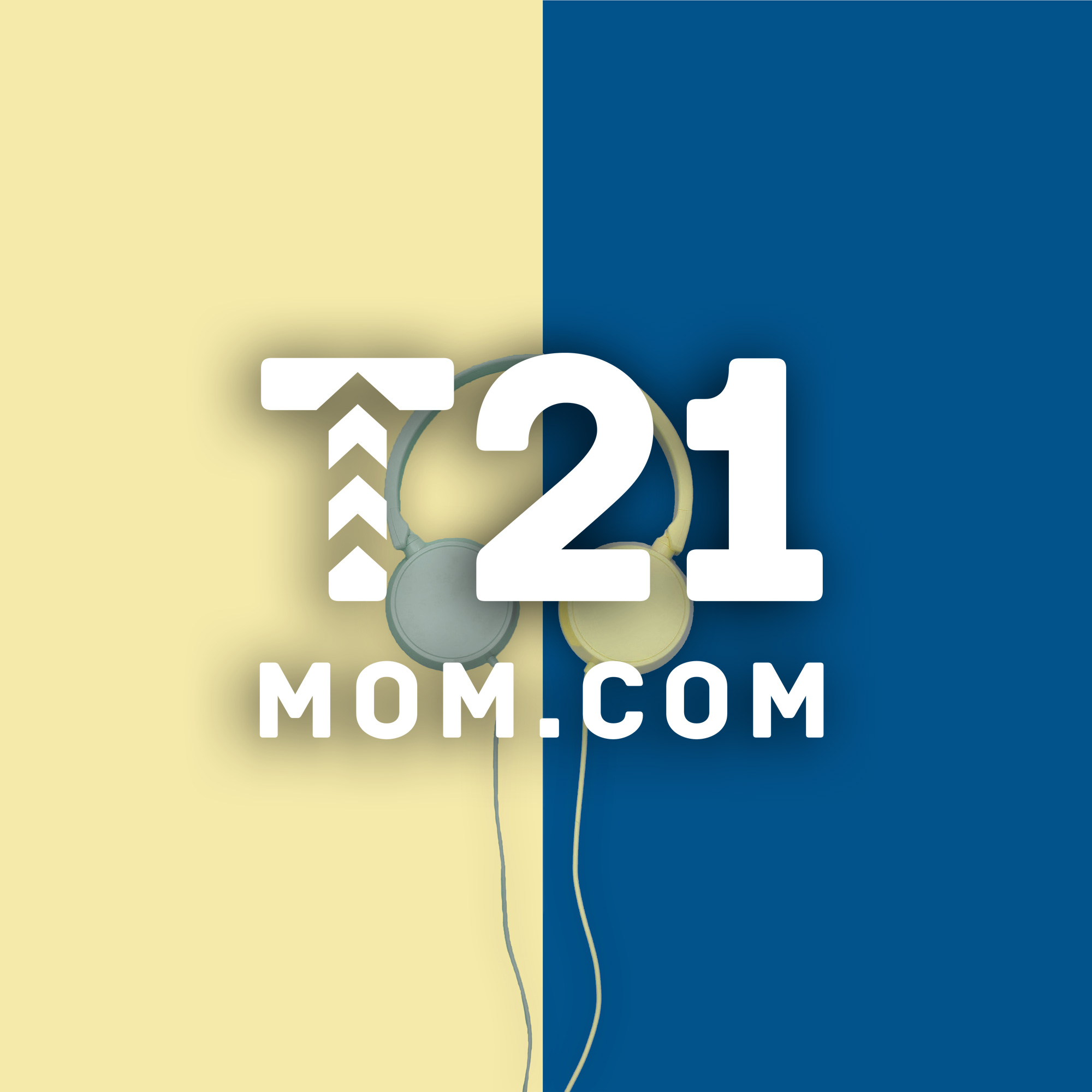
T21Mom-A Down Syndrome Podcast
T21Mom.com
The Collaborative IEP
Ashley Barlow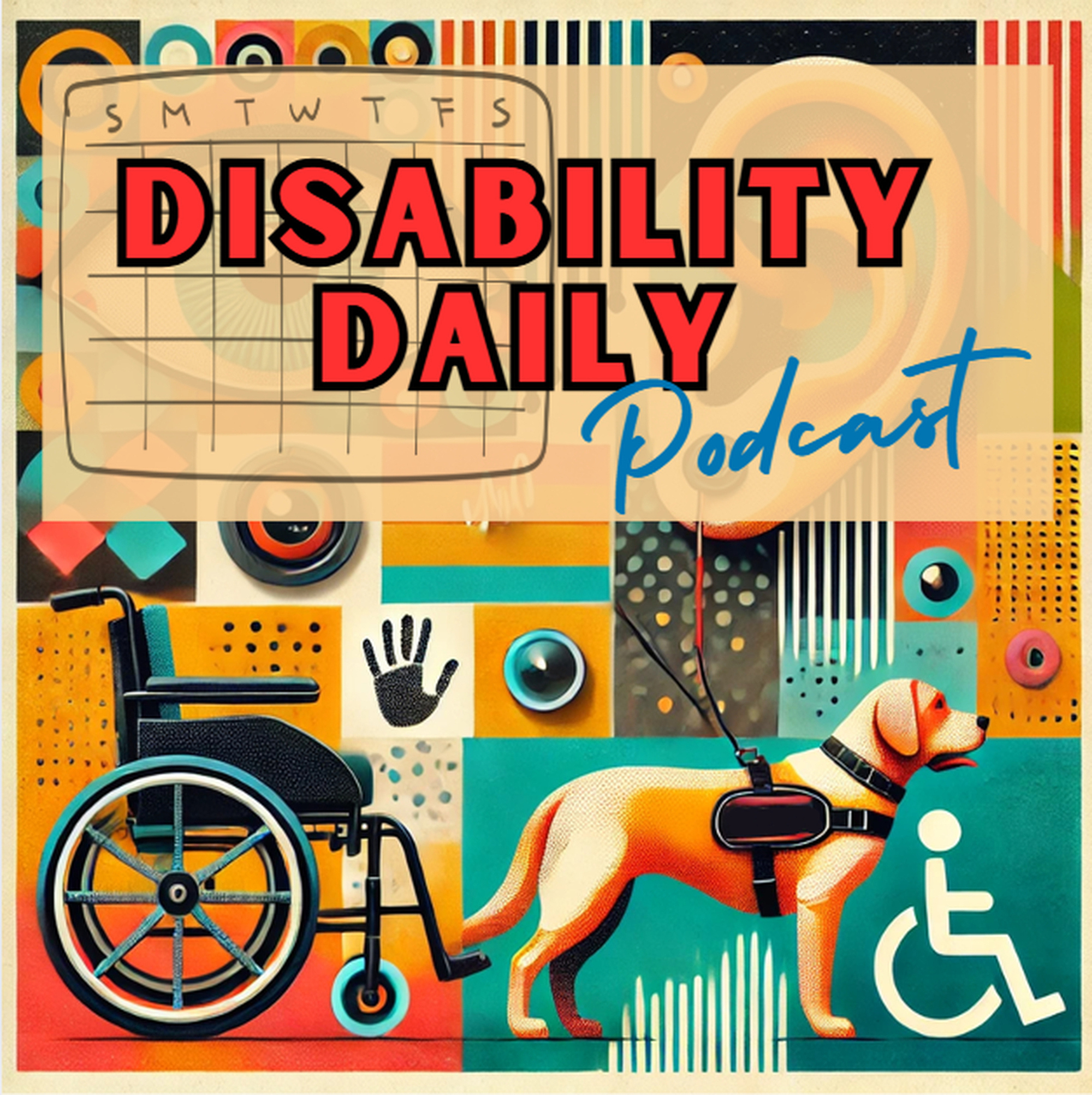
Disability Daily Podcast
Katie Healey, PhD, CPACC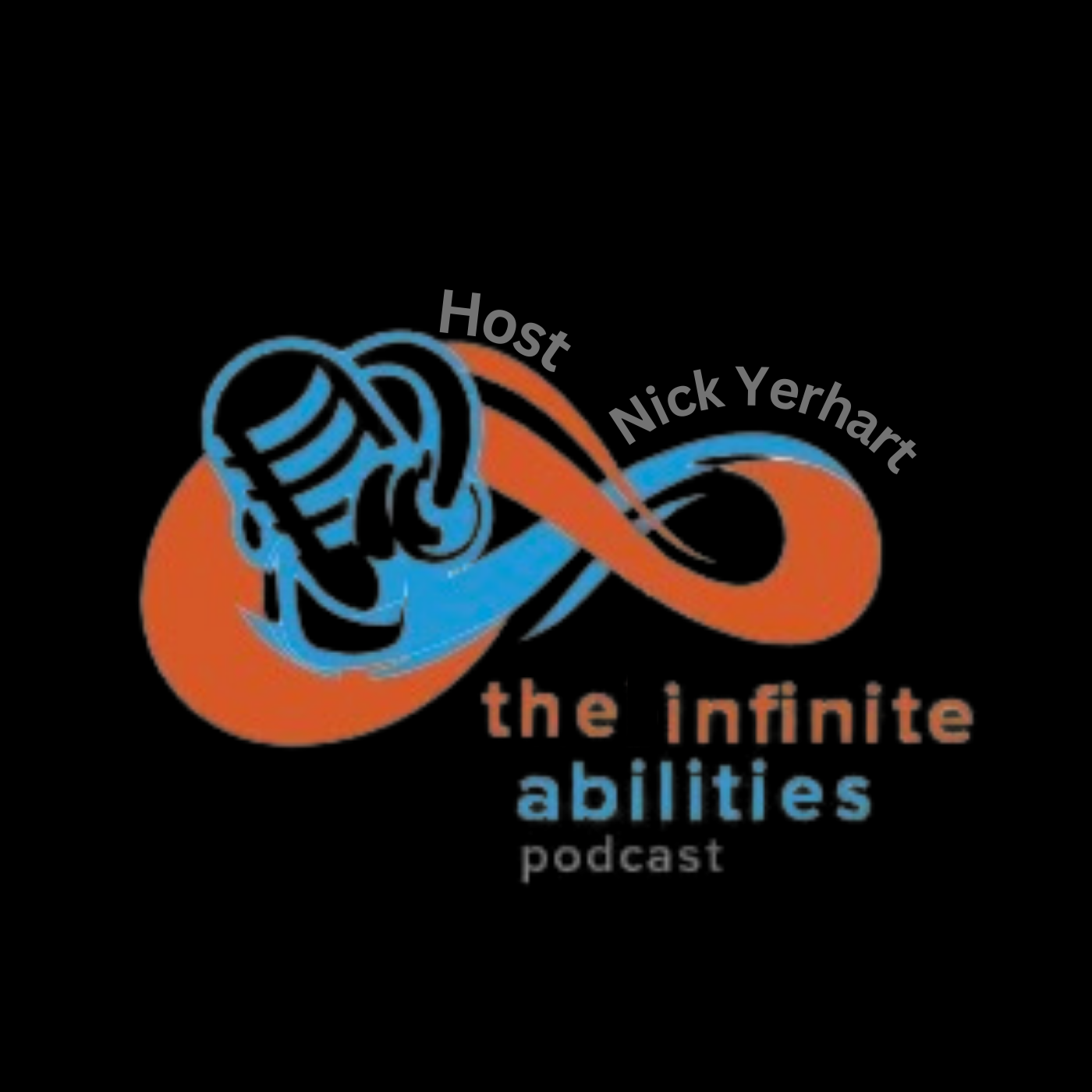
The Infinite Abilities Podcast
Nick Yerhart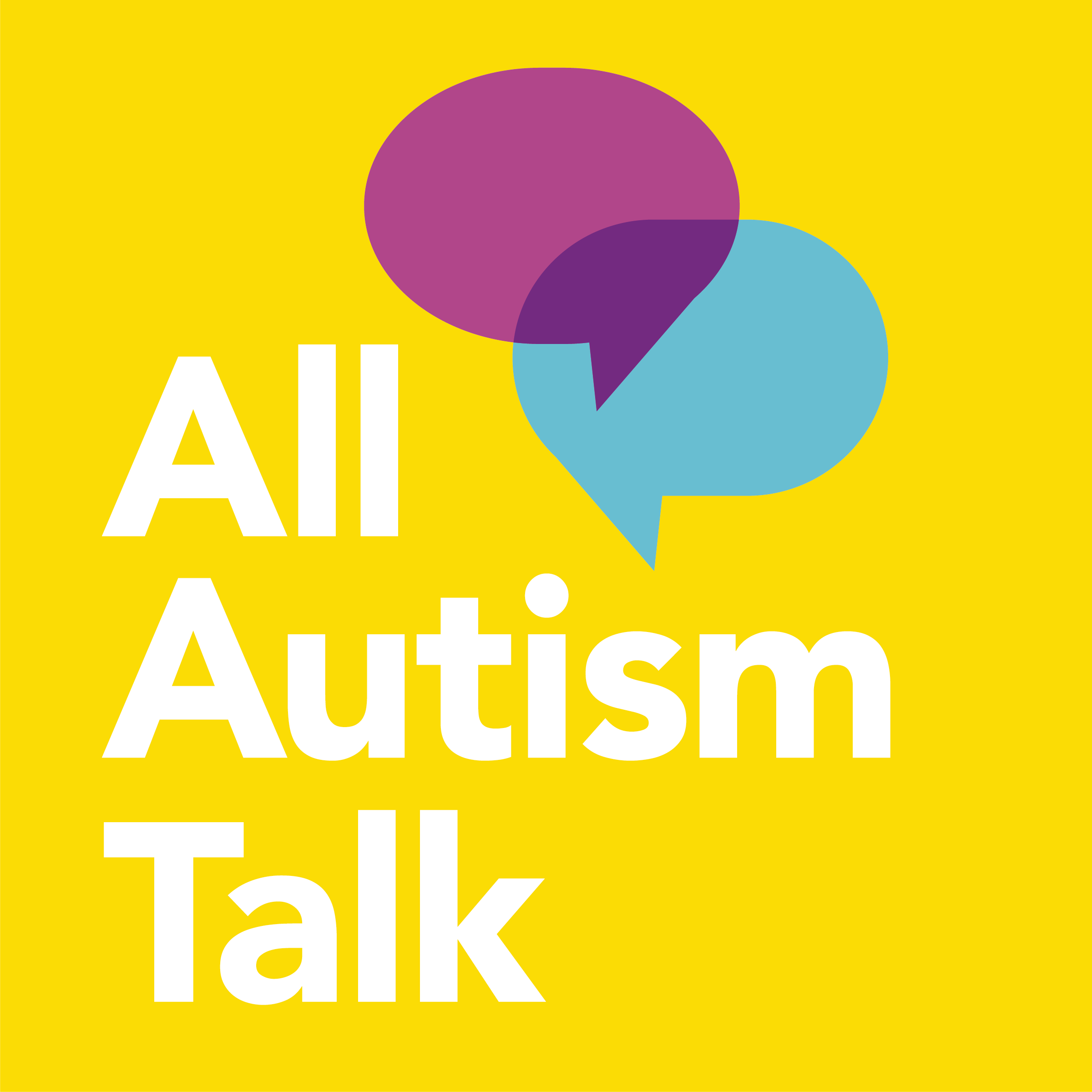
All Autism Talk
All Autism Talk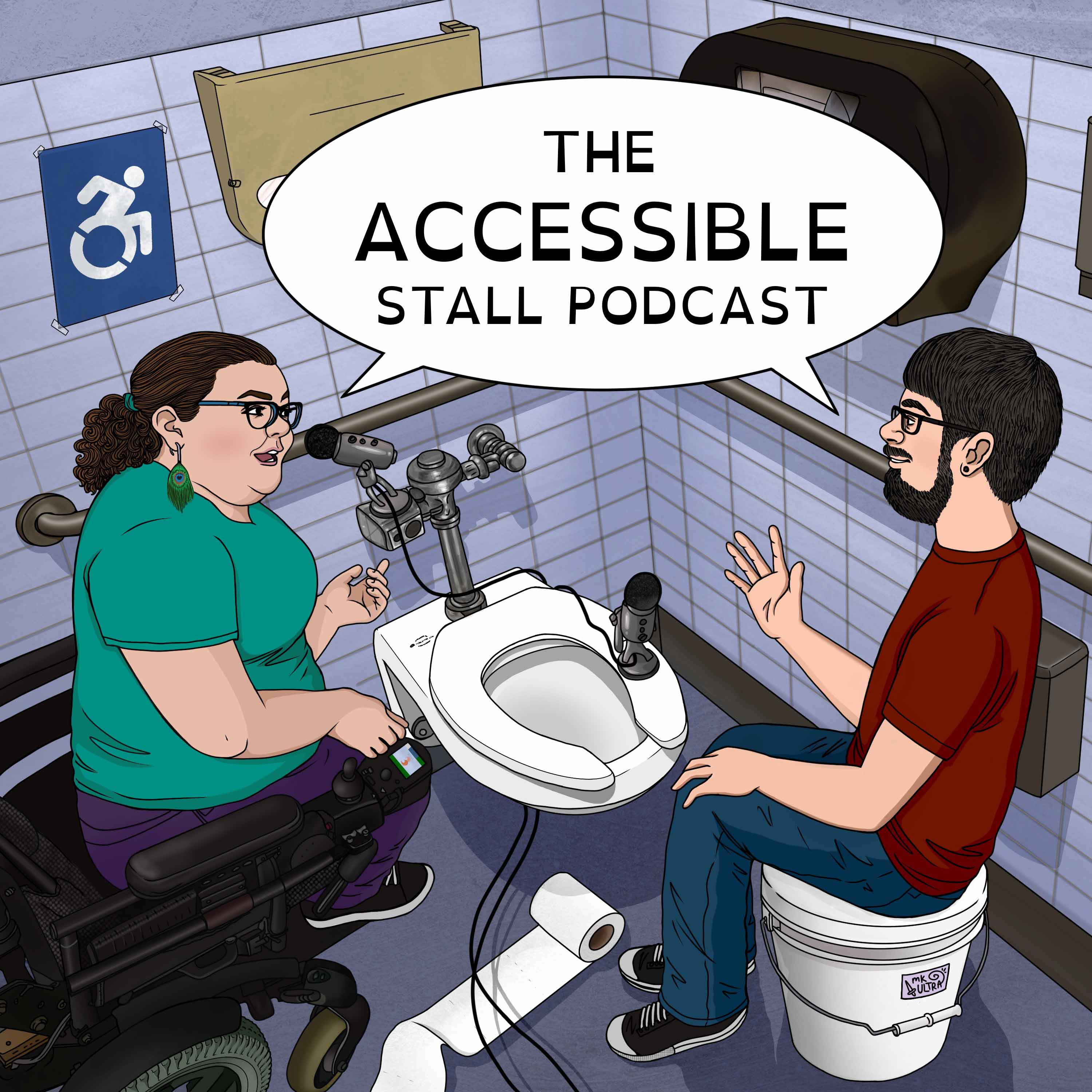
The Accessible Stall
Kyle Khachadurian and Emily Ladau
Disability Deep Dive
Disability Rights Florida
STAY Tuned: Supporting Transition-Age Youth with mental health conditions
STAY Tuned at Transitions to Adulthood Center for Research
Moms Talk Autism Podcast
Shannon Korza, Brittney Crabtree, Tash Dillmon, and Jean Mayer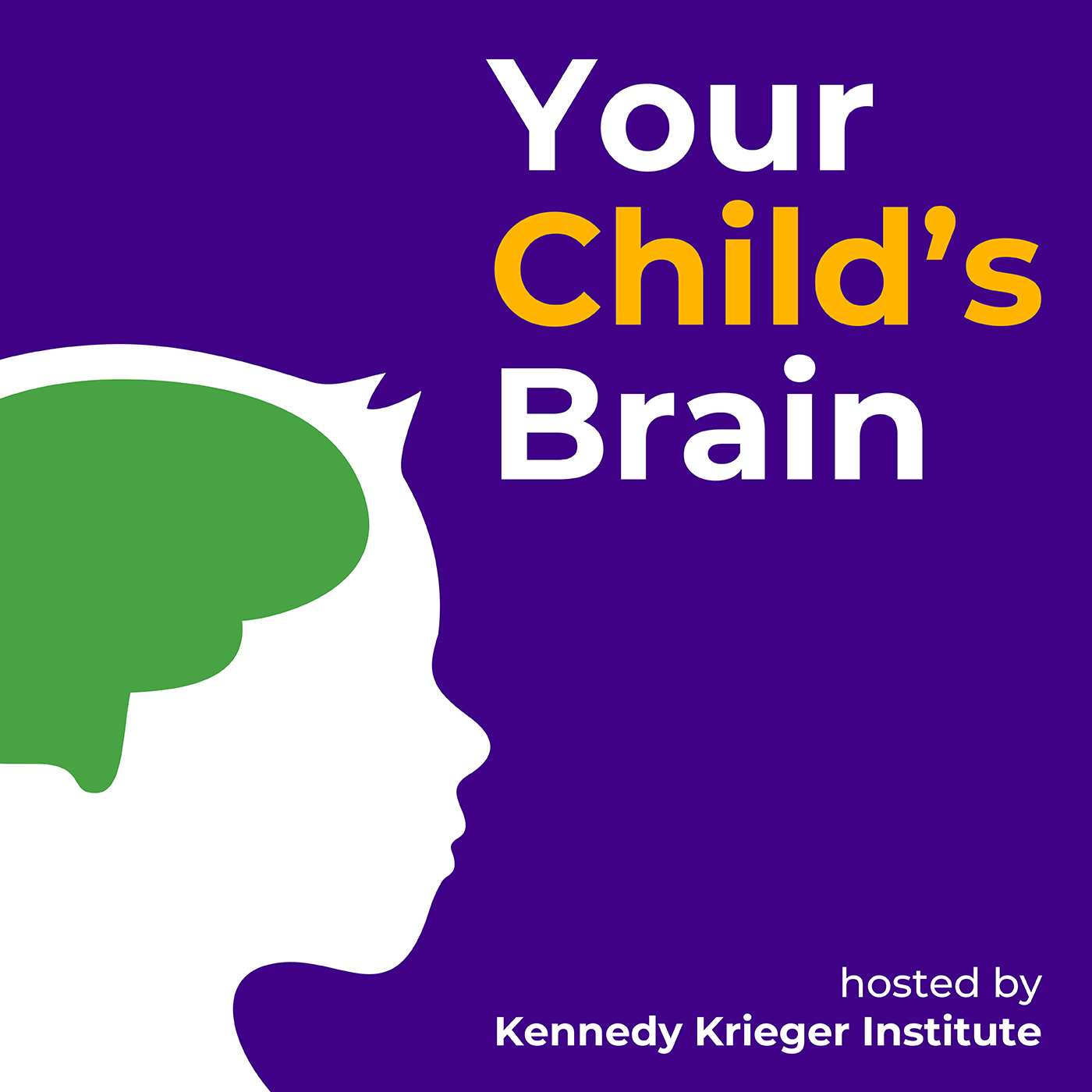
Your Child's Brain
WYPR Baltimore


